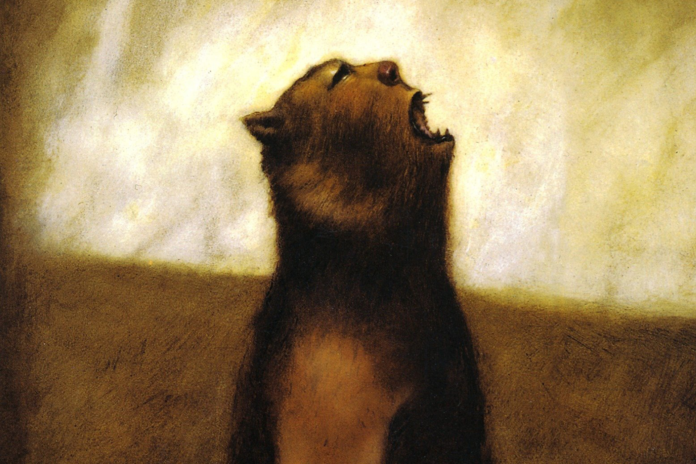By Seth Gellman
When you think of a villain, you probably first think of the classic antagonists like Darth Vader, Hannibal Lecter, the Joker, and Tom Brady. Some of pop culture’s most hated individuals are also the most captivating. Is Anakin really Luke’s father? Is Hannibal telling the truth? Is Arthur going to get a much needed therapist? Is Brady really done with football for good?
Villains add depth to any plot. Yet, we often get only one side of the story. John Gardner’s Grendel seeks to combat that problem. Grendel retells the story of the epic Beowulf from Gardner’s reimagined antagonist – Grendel. In Beowulf, there are hardly any details about Grendel besides, most notably, that he is a member of Cain’s clan, which derives itself from an ancient biblical story about an evil hunter.
Despite his little action in Beowulf, Gardner’s use of the first-person gives the reader both painfully an in-depth insight and a terrifying glimpse into his lonely mind. The witty writing and philosophical connections provide a difficult and thorough read. Gardner’s ability to create sympathy for such a savage character is a testament to his writing abilities.
To the writing– it’s abstract. It is definitely not for everyone. Earthy yet poetic, blunt yet tactful, indifferent yet impactful, sympathetic yet aggravating, repulsive yet mesmerizing, Grendel is one of a kind. The reader is left conflicted throughout the novel – and that’s okay.
In some ways, Grendel’s portrayal highlights the monster within us all. He’s self-important, witty, philosophical, savage, and lonely. He serves to not only critique ourselves, but the human race as well. His writing puts so much of human history in perspective. From feud to famine to failure, Grendel poses tough questions as to how we should see our ancestors: brilliant innovators who led the path to our success today or ruthless killers fueled by revenge and narcissism.
Rich with in-depth allusions and witty humor, Grendel reinvents the idea of what it is to be the “bad guy.” The novel is bound to make you think and is far from an easy-read, but that shouldn’t deter you!
As Mrs. Pankow, one of East’s AP Lit teachers, puts it, “If you learned nothing from Grendel, I want you to understand that reading and critically analyzing different perspectives is an important skill to develop for not only future reading, but the real world as well.”

